Meet the Chechen warlord behind Russia's terror attacks
Chechen warlord behind 3 recent terror attacks in Moscow
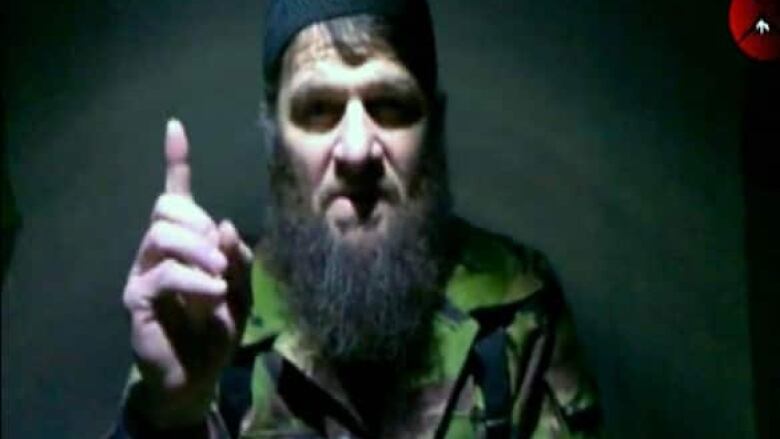
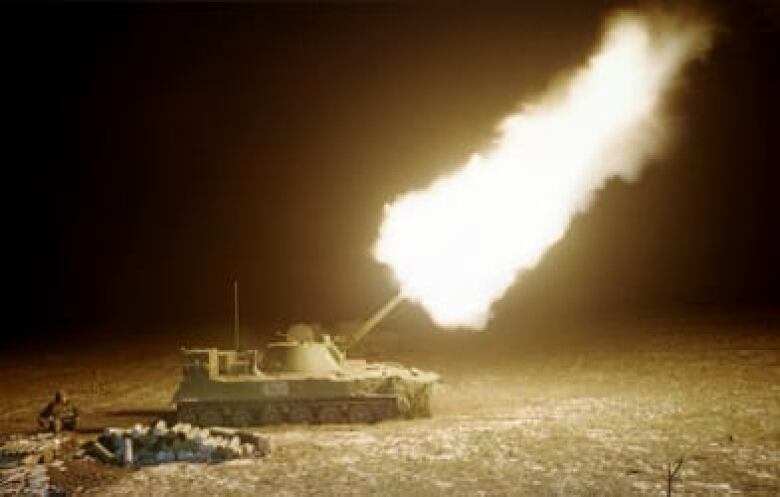
Doku Umarov has claimed responsibility for the Jan. 24 suicide bombing at Moscow's Domodedovo airport. He is also behind two suicide bombings on the Moscow subway in 2010 and a bombing on a high-speed Moscow-to-St. Petersburg train in 2009.
Umarov is also behind other attacks, but those three alone caused the deaths of more than 100 people.
In a video statement released last week, but possibly recorded before the airport bombing, Umarov says, "We will make this the year of blood and tears." He warns that "special operations will be carried out monthly and weekly."
Umarov joins fight for Chechen independence
Umarov was born in Chechnya in 1964. He was earning a living as a construction engineer when the Soviet Union collapsed in 1991, andChechnya declared its independence. Three years later, Russian troops re-entered Chechnya, starting the first Chechen war.
That's when Umarov joined the independence fight, and by the time a peace treaty was signed in 1996, he had advanced to the rank of brigadier-general with the separatist Chechen guerrilla forces.
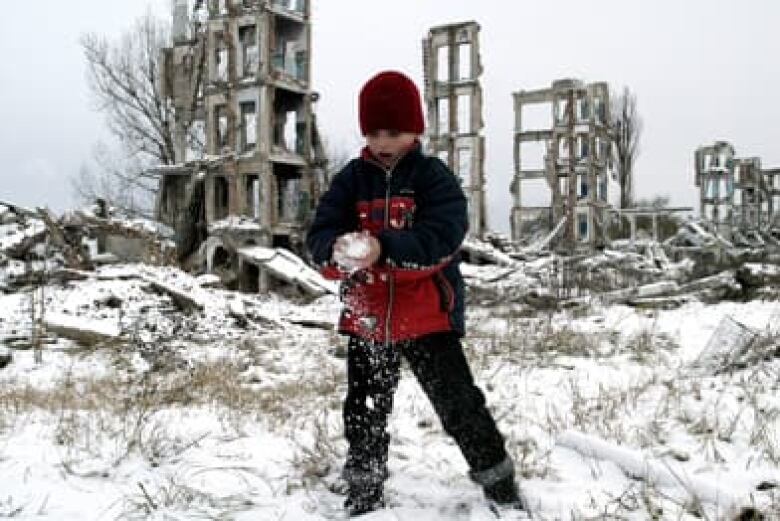
In 1997, the newly elected president of now semi-autonomous Chechnya, Aslan Maskhadov, namedUmarov security minister- but it didn't last. There were reports that Umarov was soon sacked for participating in kidnappings, something he denies.
In 1999, President Vladimir Putin ordered Russian troops back to Chechnya, bringing an end to its few years of semi-independence. Umarov returned to his role as a guerrilla commander. In a 2005 interview, Umarov was asked about terrorist acts. He replied that "such operations have no legitimacy." If that really was his view, it would soon change.
After the deaths of other Chechen separatist leaders, Umarov was named the movement's leader in 2006.
Guerrilla commander becomes a jihadist
In 2007, Umarov transformed the Chechen cause from a nationalist enterprise to a fundamentalist one. It was a huge shift.
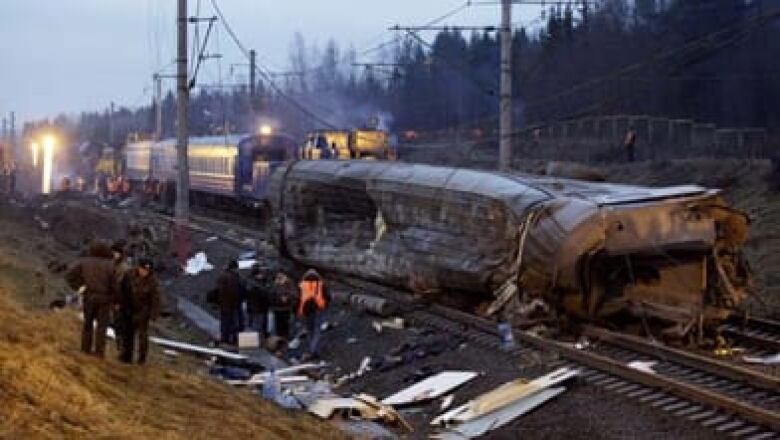
The goal was no longer the independence of Chechnya but an independent Islamic state, complete with Sharia law, for the north Caucasus region. Umarov declared himself emir of the Caucasus Emirate. Umarov,who is believed to have beenbarely religious for most of his life, had become a jihadist.
Analysts gave several explanations for the turn toward fundamentalism. Some saw it as the result of the influence of Arab extremists who were fighting with the Chechens. Others saw it as a desperate attempt to save a failing war of independence by turning it into something grander. The real propaganda gain, however, would belong to Vladimir Putin, whose troops would no longer be fighting nationalists, but jihadis.
The shift split the Chechen separatist movement.
Suicide unit revived
In 2009, Umarov revived the Riyadus-Salikhin (Garden of Martyrs), a suicide squad that had been dormant for five years. It was the unit behind a dramatic hostage-taking at a Moscow theatre in 2002 that ended in the deaths of 129 hostages and 41 Chechen fighters.
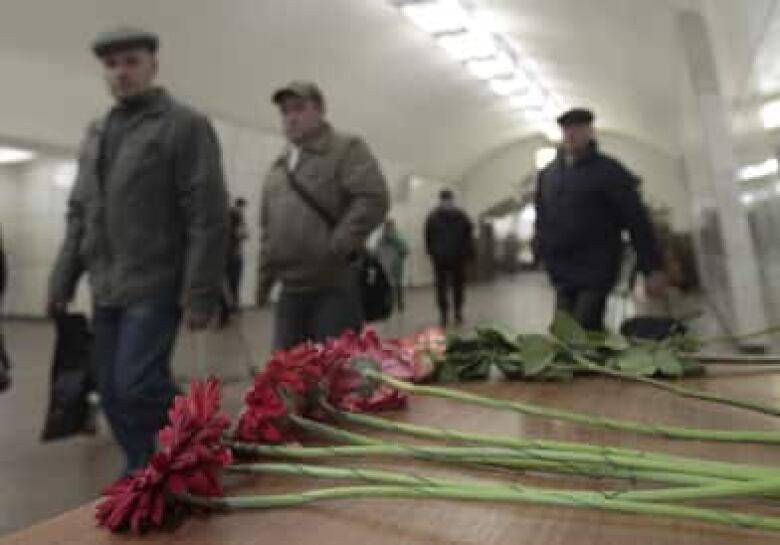
Suicide bombings resumed, but were confined to the Northern Caucasus - that is, until Umarov ordered thebombing of the Nevsky Express, a train that travels the Moscow-St. Petersburg route. That suicide attack, in November 2009, killed 26 people and injured 100.
In an interview four months before the attack, Umarovjustified the killing of civilians, saying that by paying taxes, "they provide [the Russian government] with money and give their blessing to the killing and atrocities."
In February 2010, Russian forces killed four villagers gathering wild garlic shootsin Ingushetia, which borders Chechnya. That incident provided Umarov with the excuse to again send his suicide bombers to the Russian capital. The next month, two bomberskilled 40 people on the Moscow subway during rush hour.
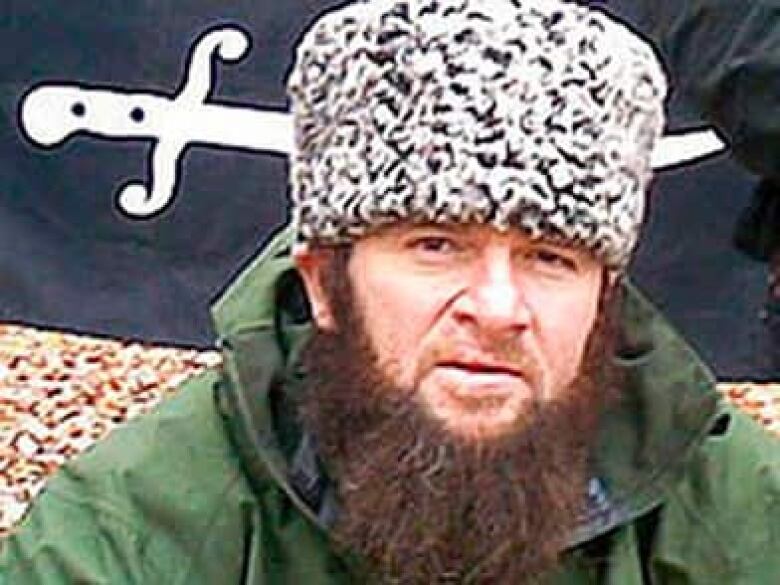
It was "a legitimate act of revenge," Umarov claimed in a video message.
"[Anyone] who will accuse me of terrorism, I am laughing at those people," he said in that message. "I can only grin, because I haven't heard that Putin was accused of terrorism for the murder of civilians who were killed at his order.''
Declared a terrorist
In June 2010, the U.S. State Department declared Umarov a terrorist.
In August, Umarov announced he was stepping down as the leader of the Chechen separatists and named his successor, Aslambek Vadalov. Just a few days later,Umarov issued another video statement in which he said he was staying on. That led to a split with Vadalov and three other rebel commanders.
Umarov's next big move was the bombing at Moscow's Domodedovo airport, which seems to be another tactical escalation.Umarov sent the bomber to the international arrivals area of the terminal, thereby making non-Russians a target as well.
Is Umarov's claim true?
However, some analysts caution that Umarov's claim of responsibilityfor the airport bombing may be just that.
Mark Galeotti, a Russian crime and security expert at New York University, sees other possibilities: someone else organized the attacks butagreed to letUmarov take credit; it was an autonomous operation; or he just waited to see that no one else claimed ownership.
"Umarov wants to raise his profile," Galeotti writes on his blog, "to demonstrate his own relevance to the rest of the rebel movement, as he is fighting for his political life." Galeotti adds, "The ability to mount 'spectaculars' is an important element of the political discourse among the rebels."
Galeotti also doubts Umarov's claims to have another 60 or 70 people that he can send to their deaths as suicide bombers.












_(720p).jpg)


 OFFICIAL HD MUSIC VIDEO.jpg)
.jpg)



























































































